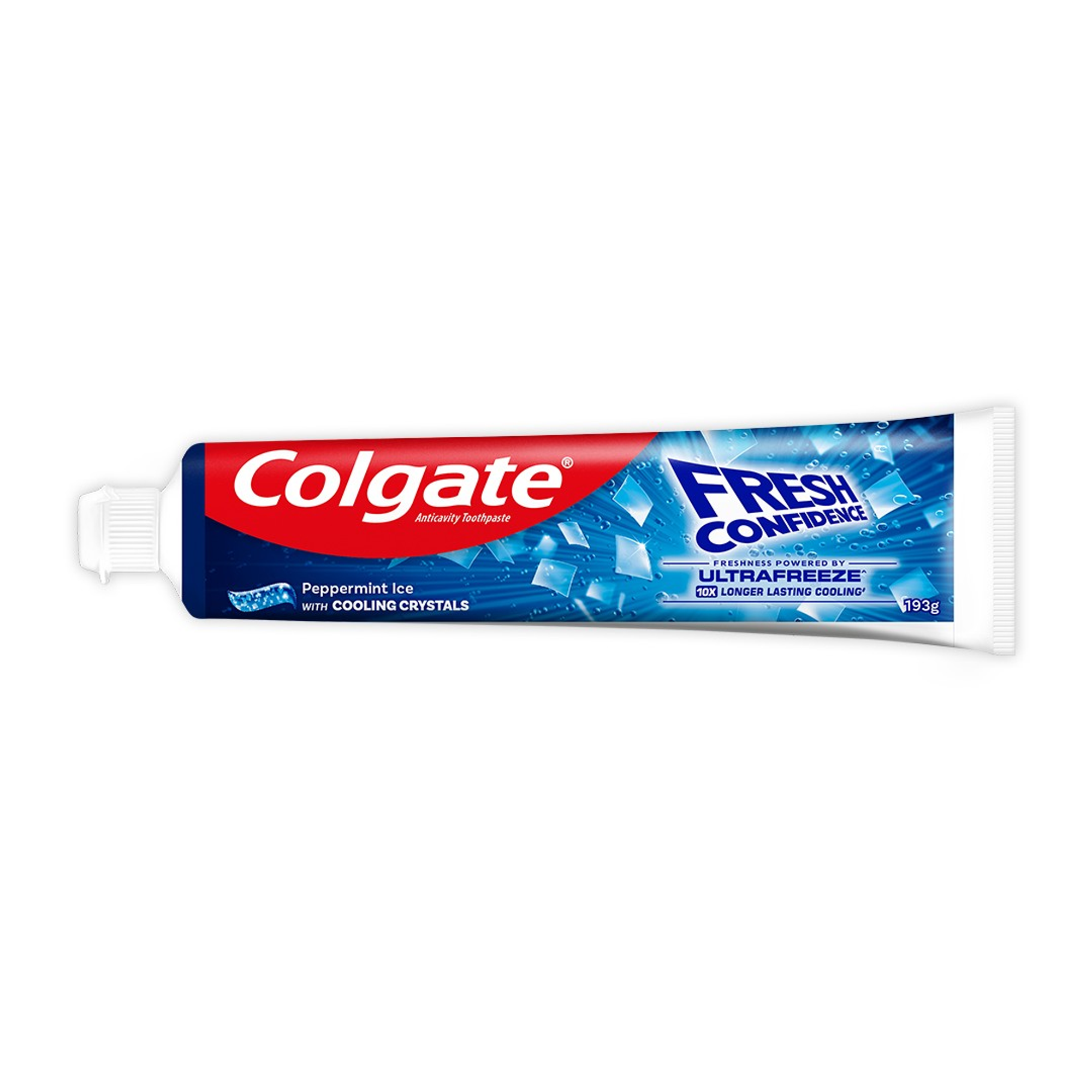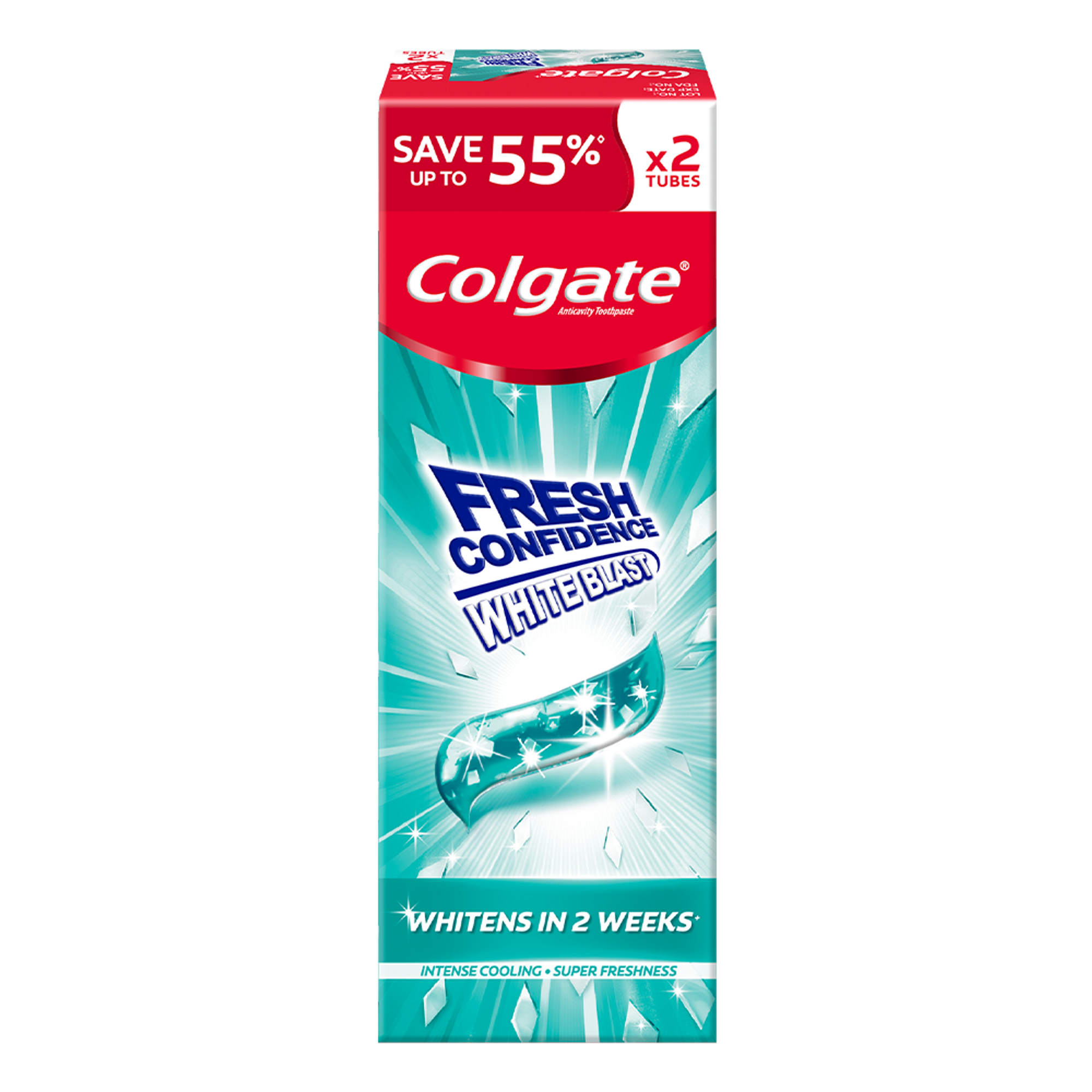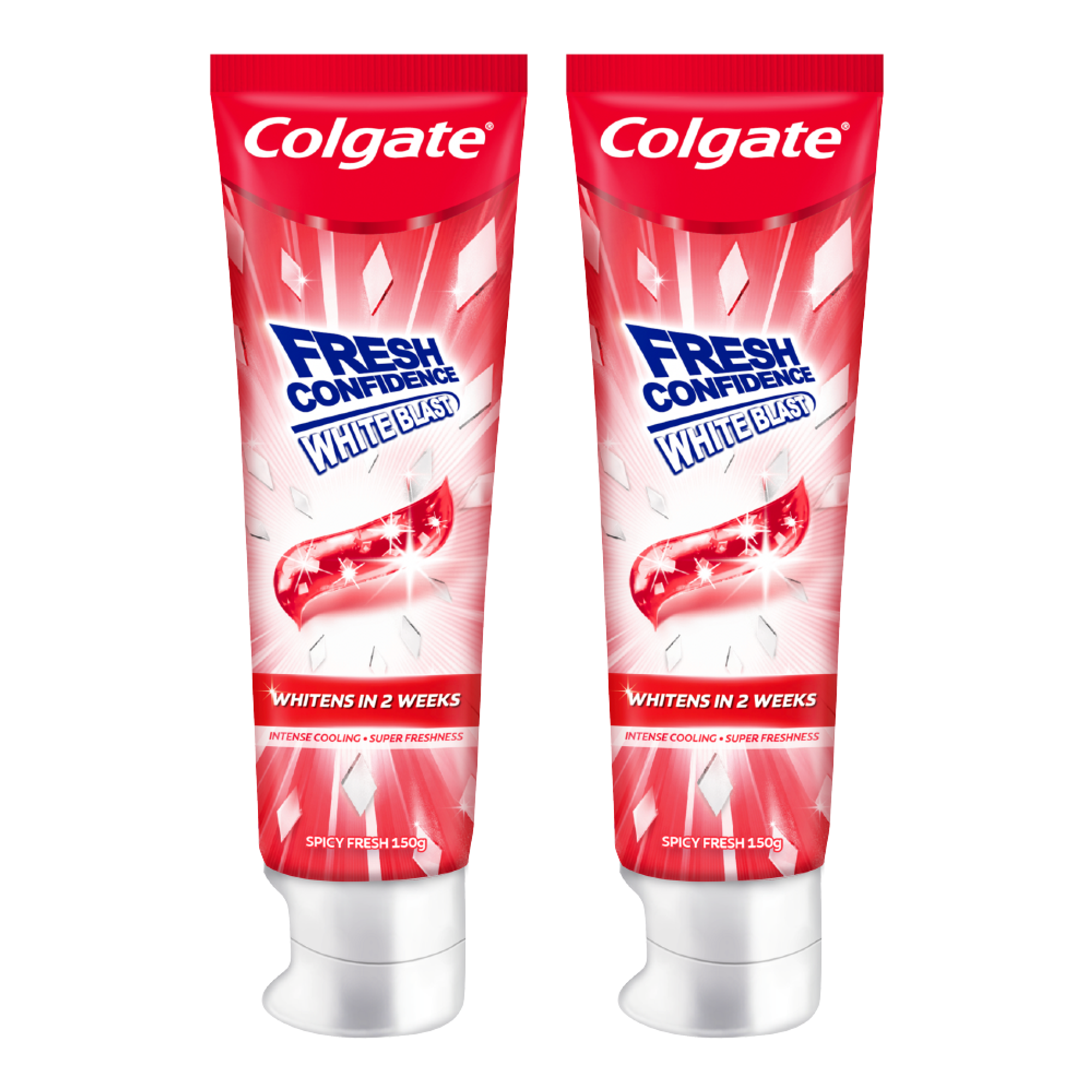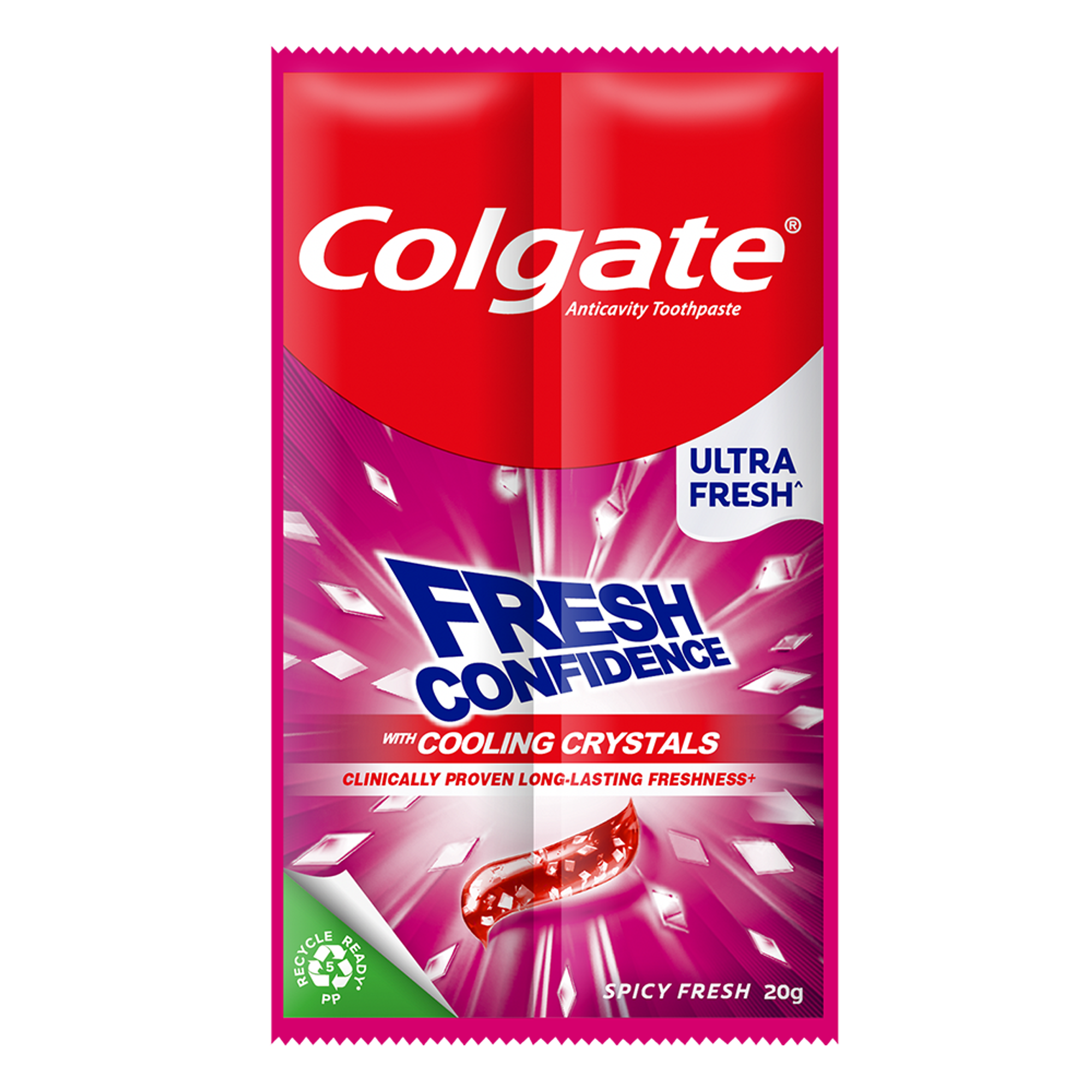What is Dry Mouth?
Dry mouth, also known as xerostomia, happens when your mouth does not make enough saliva. Saliva is important because it keeps your mouth moist, helps you chew and swallow, and washes away food and bacteria. Without enough saliva, your mouth can feel sticky or dry, and you may have trouble tasting food, speaking, or even smiling comfortably.
Many things can cause dry mouth. It might be a side effect of certain medications, such as ones for depression or anxiety. It can also happen after cancer treatments like radiation or chemotherapy. If not treated, dry mouth and halitosis can become a serious concern, leading to tooth decay and gum problems. The good news is that once you know what is causing it, you can take steps to feel better and protect your oral health.
How Dry Mouth Causes Bad Breath
When your mouth does not have enough saliva, it cannot wash away food particles properly. This can lead to odor-causing bacteria buildup. This condition, known as dry mouth, or xerostomia, is one of the main causes of bad breath, or halitosis.
Now, what is halitosis? Normally, saliva helps keep the mouth clean by removing bacteria and leftover food. Without enough saliva, bacteria multiply faster and cause bad breath. Dry mouth can also make the mouth’s tissues dry and irritated, which can make breath smell worse.
There are many common causes of dry mouth, including:
Mouth breathing: Breathing through the mouth dries out oral tissues and reduces saliva flow.
Certain medications: Some drugs, like antihistamines, antidepressants, and blood pressure medications, can reduce saliva production.
Sinusitis: Post-nasal drip from sinus infections can dry out the throat and cause bad breath.
Gastroesophageal reflux disease (GERD), also called acid reflux: Stomach acids can travel up the throat, drying out the mouth and leaving a sour odor.
Kidney disease: Waste buildup in the body can affect saliva quality and produce a metallic or foul smell in the breath.
Gingivitis and periodontitis (gum diseases): These infections allow odor-causing bacteria to build up and reduce gum health, worsening dry mouth.
Infections of the tonsils: Bacteria and debris can get trapped in the tonsils, leading to bad breath and discomfort.
Wearing poorly fitting dentures: Dentures can collect food particles and odor-causing bacteria, especially if they are not cleaned properly or do not fit well.
Diagnosing Dry Mouth and Bad Breath
If you think you have dry mouth and halitosis that is persistent, it is a good idea to get checked by a dental professional. Figuring out the exact bad breath causes helps make treatment more effective.
To diagnose dry mouth, your dental professional may:
Ask about your symptoms, like feeling thirsty all the time or having trouble chewing or speaking
Look inside your mouth to see if it looks dry or irritated
Check your medical history or ask about any medications you are taking
Do a saliva test to see how much saliva your glands are producing
For bad breath, your dentist might:
Look for signs of tooth decay, gum disease, or food stuck between your teeth
Ask about your eating habits and oral hygiene routine
Sometimes, you might be referred to a healthcare provider if any medical condition, like diabetes or a sinus infection, is suspected to be the cause. Getting the right diagnosis is the first step toward fresh breath, a healthy mouth, and understanding how to cure halitosis effectively.
Treatments for Dry Mouth and Bad Breath
If you are dealing with both dry mouth and bad breath, do not worry; there are ways to manage and treat both problems. Whether you try simple changes at home or need professional help, the right care can bring relief. Below are common options for halitosis treatment, including both home remedies and professional care for those looking for how to treat bad breath effectively.
At Home
Many people want to know how to cure dry mouth and bad breath without going to the dentist right away. Luckily, there are several things you can try at home:
Drink more water throughout the day to stay hydrated.
Chew sugar-free gum to help boost saliva flow.
Use alcohol-free mouthwash to avoid drying out your mouth even more.
Brush and floss daily to remove food and bacteria that cause mouth odor.
Avoid smoking, caffeine, and alcohol, as these can make dry mouth worse.
These home remedies for dry mouth and bad breath can be very helpful, especially when combined with good daily oral care.
In-Clinic Treatments
If home care is not enough for curing bad breath, your dentist may recommend professional treatments:
Prescription mouth rinses or saliva substitutes to keep your mouth moist.
Fluoride treatments to protect your teeth from decay caused by dry mouth.
Deep cleaning to remove plaque and treat gum disease, which can also cause bad breath.
Medication adjustments, if dry mouth is caused by something you are taking.
Dentists can also help you figure out what is causing your symptoms and suggest the best plan for long-term halitosis treatment.
Top 5 Tips to Prevent Bad Breath Caused By Dry Mouth
Taking small steps early on can help stop dry mouth and halitosis before they lead to more serious issues. A few smart daily habits can make a big difference in your oral and overall health. Here are some simple tips to keep your mouth feeling fresh, increase saliva flow, and reduce odor-causing bacteria.
1. Stay Hydrated
Drinking plenty of water is one of the best ways to fight dry mouth. When the mouth does not produce enough saliva, it creates a dry environment that allows bacteria to grow more rapidly. This increase in bacteria often leads to bad breath. Staying hydrated throughout the day helps rinse away leftover food particles and keeps the mouth moist. Water also plays an important role in supporting saliva production, which is the body’s natural way of cleaning the mouth and controlling odor.
2. Brush and Floss Regularly
Brushing and flossing help remove plaque, where bacteria live, and food particles that they feed on. When not cleaned properly, the mouth can become a place where odor-causing bacteria grow quickly. Brushing at least twice and flossing once a day can reduce this buildup. Cleaning the tongue with a tongue scraper is also important, as bacteria often collect on its surface. Maintaining good oral hygiene supports overall mouth health and helps keep breath smelling fresh.
3. Chew Sugar-Free Gums or Mints
Chewing gum, especially sugar-free gum, or sucking on sugar-free mints can help increase saliva flow. Saliva plays a key role in keeping the mouth moist and washing away bacteria and food debris. Some products include ingredients that are sugar substitutes, which may help reduce the growth of harmful bacteria. The extra moisture created during chewing or sucking helps freshen breath and ease the dry feeling in the mouth.
4. Avoid Things That Dry Out Your Mouth
Certain everyday substances can reduce the amount of saliva produced by the salivary glands. These include caffeine, alcohol, and tobacco products, which can make dry mouth worse over time. Spicy or salty foods may also lead to increased dryness. In some cases, certain medications can contribute to dry mouth as a side effect. When these factors combine, they can create conditions that support bad breath and discomfort.
5. Visit Your Dentist Regularly
Dry mouth and bad breath may be signs of other dental problems that require attention. Regular dental visits help monitor oral health and allow for early detection of issues like gum disease, tooth decay, or bacterial buildup. Healthcare professionals can also provide suggestions for managing dry mouth and keeping breath fresh. Additionally, routine checkups may support long-term oral hygiene and contribute to a healthy mouth.
When to See a Dental Professional?
Sometimes, dry mouth and halitosis (bad breath) can be temporary and managed with simple home care. But if your symptoms last for more than a few days or keep coming back, it is important to talk to a healthcare provider. These issues could be signs of bigger health problems that need attention.
A dental professional can help find the underlying cause of your dry mouth or bad breath. It might be related to poor oral hygiene, gum disease, or even medical conditions like diabetes or acid reflux. In some cases, your dental professional may also refer you to a healthcare provider if they believe the problem is linked to another health condition.
You should also seek help if:
Your mouth feels dry all the time
You notice a strong or constant bad taste
People mention your breath even after brushing
Your tongue looks dry or coated
You are relying too much on gums or bad breath pills without real relief
A dental professional can suggest safe and effective treatments, explain how to cure bad breath, and offer personalized advice. Getting help early can prevent more serious problems and help you feel confident again.
In summary, dry mouth and halitosis are common but manageable issues. With proper care, good hydration, and daily brushing and flossing, you can reduce odor-causing bacteria and keep your breath fresh. If symptoms persist, do not hesitate to seek help from a dental professional to find lasting relief and protect your oral health.
Frequently Asked Questions
What to take for dry mouth and bad breath?
Chewing sugar-free gum or sucking on sugar-free candy helps increase saliva and keeps your mouth moist. Also, drink water regularly and avoid caffeine and tobacco to reduce dry mouth and bad breath.
Why won't my bad breath go away?
Bad breath may not go away if the underlying cause, like dry mouth, poor oral hygiene, or health problems, is not treated. Sometimes, medical conditions or certain medications can also cause persistent bad breath that needs professional care.
How long does halitosis from dry mouth last?
Halitosis from dry mouth lasts as long as the dry mouth continues. Once saliva flow improves and the dry mouth is treated, bad breath usually gets better quickly.
What are the best over-the-counter products for dry mouth?
The best over-the-counter products for dry mouth include saliva substitutes and rinses. Look for those containing xylitol, as they help keep your mouth moist and fresh.
Are there any natural remedies for dry mouth?
Yes, natural remedies for dry mouth include drinking plenty of water, chewing sugar-free gum, and using alcohol-free mouthwash. These help boost saliva flow and keep your mouth moist without irritating your tissues.












